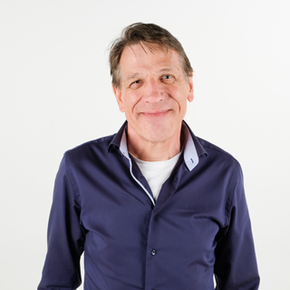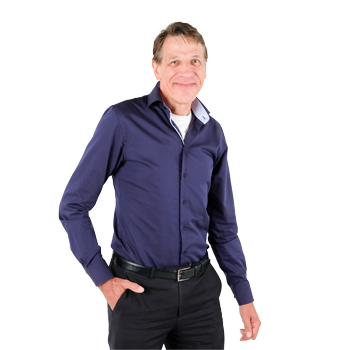The objective of the training is that R&D engineers are more aware of the reliability of their conclusions. Or can draw the right conclusions from data, and set-up and analyze robust experiments when it comes to the 'ins and outs' of statistics and carrying out experiments in an R&D context. The training focuses on both the theory and its application, bringing statistical theory to life in the language of R&D engineers. Most companies face a number of 'standard' statistical issues, without their R&D people necessarily being aware of them. For such standard questions we provide a standard approach, underpinned by software, so that everyone is talking the same language.
Content
CQM only provides in-company training tailored to the daily practices of the participants and their company. To give you an idea, a multiple-day training course might, for example, consist of the following components:
- Introduction
- Basic Statistics
- Process performance
- Measurement System Evaluation
- Significance testing
- DoE 1 to 7 (depending on participants’ knowledge and experience)
- Conclusion and evaluation
- Certification (optional)
Should you need further statistical support, you can of course contact CQM. In such cases, we try to ensure that the course trainer is also your consultant, as they are of course familiar with your employees and the practical problems your organization faces.
By the end of the training participants:
- appreciate the importance in R&D of statistics and DoE;
- know the (statistical) techniques and have gained some experience in their application;
- know the basic principles of statistics and DoE (and the risks in clumsy use of statistics and DoE);
- can themselves apply statistics and DoE in their own work setting in straightforward situations. For more complex situations, we recommend coaching or consultancy;
- are adept at working with the Excel add-in, CQM_EfP.
Interested in a tailor-made Statistics in R&D training course?
A tailor-made training course, where the focus is not on boring tools, mathematics or clicking buttons in Minitab, but on a fact-based approach to real R&D questions? For more information, please contact Bert Schriever.


